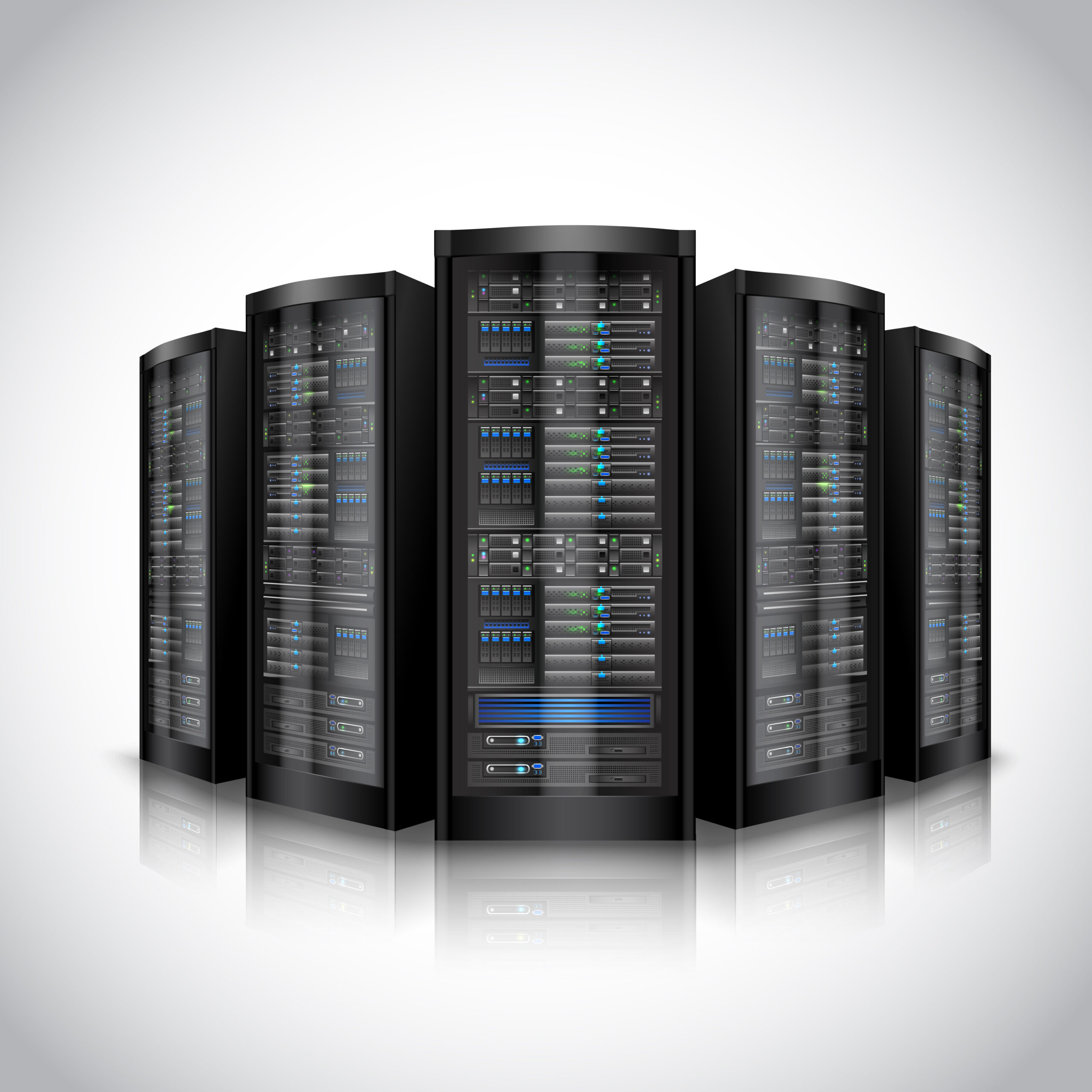Why Network Attached Storage is Key to Data Security?

Data breaches cost businesses an average of $4.88 million per incident. Yet many organizations still rely on outdated storage solutions that leave sensitive information vulnerable to cyber threats. Network Attached Storage (NAS) offers a robust alternative that can transform your data security strategy.
Network Attached Storage provides centralized, secure data management through dedicated storage devices connected to your network. Unlike traditional storage methods that scatter files across multiple devices, NAS systems create a unified repository where administrators can implement comprehensive security measures. This centralized approach makes it easier to monitor, protect, and backup critical business data.
Organizations of all sizes are discovering that NAS solutions offer superior protection against ransomware, hardware failures, and unauthorized access. With features like automated backups, user authentication, and encryption capabilities, Network Attached Storage has become an essential component of modern cybersecurity frameworks.
Understanding Network Attached Storage Fundamentals
Network Attached Storage operates as a dedicated file server that connects directly to your network infrastructure. Unlike direct-attached storage that connects to individual computers, NAS systems allow multiple users to access shared files simultaneously while maintaining security protocols.
Modern NAS devices function as intelligent storage hubs equipped with their own operating systems and processing power. These systems can perform complex tasks like data deduplication, compression, and real-time monitoring without impacting network performance. Users can access files remotely through secure connections, making NAS ideal for organizations with distributed teams.
The architecture of Network attached storage enables seamless scalability as data requirements grow. Organizations can expand storage capacity by adding drives to existing units or implementing scale out NAS configurations that connect multiple devices for enhanced performance and redundancy.
Core Security Benefits of NAS Systems
Centralized Access Control
Network Attached Storage excels at managing user permissions and access rights from a single control panel. Administrators can create detailed user profiles, assign specific folder access, and monitor all file activities through comprehensive logging systems. This centralized approach eliminates the security gaps that occur when files are stored across multiple individual devices.
Advanced NAS systems support integration with existing directory services like Active Directory, streamlining user management while maintaining security standards. Organizations can implement role-based access controls that automatically grant appropriate permissions based on job functions and security clearances.
Automated Backup and Recovery
One of the strongest security advantages of Network Attached Storage is its automated backup capabilities. NAS systems can schedule regular backups to multiple locations, including cloud services and offsite storage facilities. This multi-tiered approach ensures data remains accessible even after catastrophic events.
Modern NAS devices support snapshot technology that creates point-in-time copies of data without interrupting normal operations. These snapshots enable rapid recovery from ransomware attacks or accidental file deletions, often restoring systems to operational status within minutes rather than hours or days.
Advanced Encryption Protection
Network Attached Storage systems implement multiple layers of encryption to protect data both at rest and in transit. Files stored on NAS devices can be encrypted using industry-standard algorithms like AES-256, making them unreadable to unauthorized users even if physical drives are stolen.
NAS solutions also encrypt data during network transmission, preventing interception during file transfers. This dual encryption approach provides comprehensive protection throughout the data lifecycle, from creation to long-term storage.
Implementing Scale Out NAS for Enhanced Security
Scale out NAS architecture represents the next evolution in secure storage solutions. Instead of relying on single storage units, scale out systems distribute data across multiple connected devices, creating redundancy that enhances both performance and security.
When one device in a scale out NAS configuration experiences failure, the system automatically redistributes data to healthy nodes without interrupting user access. This self-healing capability ensures continuous data availability while maintaining security protocols across all connected devices.
Scale out NAS systems also improve security through data dispersion. By spreading information across multiple physical locations, these configurations reduce the risk of complete data loss from localized threats like fire, flooding, or targeted cyberattacks.
Monitoring and Compliance Features
Modern Network Attached Storage systems provide detailed audit trails that track all user activities, file modifications, and system changes. These logs are essential for compliance with regulations like GDPR, HIPAA, and SOX that require organizations to demonstrate proper data handling procedures.
NAS devices can generate automated reports showing access patterns, security events, and system performance metrics. This transparency helps organizations identify potential security issues before they escalate into serious breaches.
Many NAS solutions integrate with security information and event management (SIEM) platforms, enabling real-time monitoring of storage-related security events. This integration provides security teams with centralized visibility into data access patterns and potential threats.
Choosing the Right NAS Security Configuration
Selecting appropriate Network Attached Storage requires careful assessment of organizational security requirements and data sensitivity levels. Organizations handling regulated data need NAS systems with advanced encryption, detailed auditing, and compliance certifications.
The physical security of NAS devices also requires consideration. Systems should be housed in secure locations with environmental controls and restricted access. Some organizations benefit from implementing redundant NAS installations across geographically separated facilities.
Network security configuration plays a crucial role in NAS data security effectiveness. Proper firewall rules, VPN access controls, and network segmentation ensure that NAS systems remain protected from external threats while maintaining necessary accessibility for authorized users.
Future-Proofing Your Data Security Strategy
Network Attached Storage technology continues evolving with new security features and performance improvements. Organizations investing in NAS solutions today position themselves to benefit from ongoing innovations in areas like artificial intelligence-based threat detection and automated security response systems.
The integration of cloud services with on-premises NAS systems creates hybrid storage environments that combine local control with cloud scalability. These configurations enable organizations to maintain sensitive data locally while leveraging cloud resources for backup and disaster recovery.
Regular security assessments and system updates ensure that Network Attached Storage configurations remain effective against emerging threats. Organizations should establish maintenance schedules that include security patches, firmware updates, and periodic security audits.
Strengthening Your Data Defense with NAS
Network Attached Storage represents a fundamental shift from reactive to proactive data security management. By centralizing storage, automating backups, and implementing comprehensive access controls, NAS systems provide the foundation for robust cybersecurity frameworks.
Organizations serious about protecting their data assets should evaluate current storage vulnerabilities and consider how Network Attached Storage can address specific security challenges. The investment in proper NAS infrastructure pays dividends through reduced breach risks, improved compliance posture, and enhanced operational resilience.



